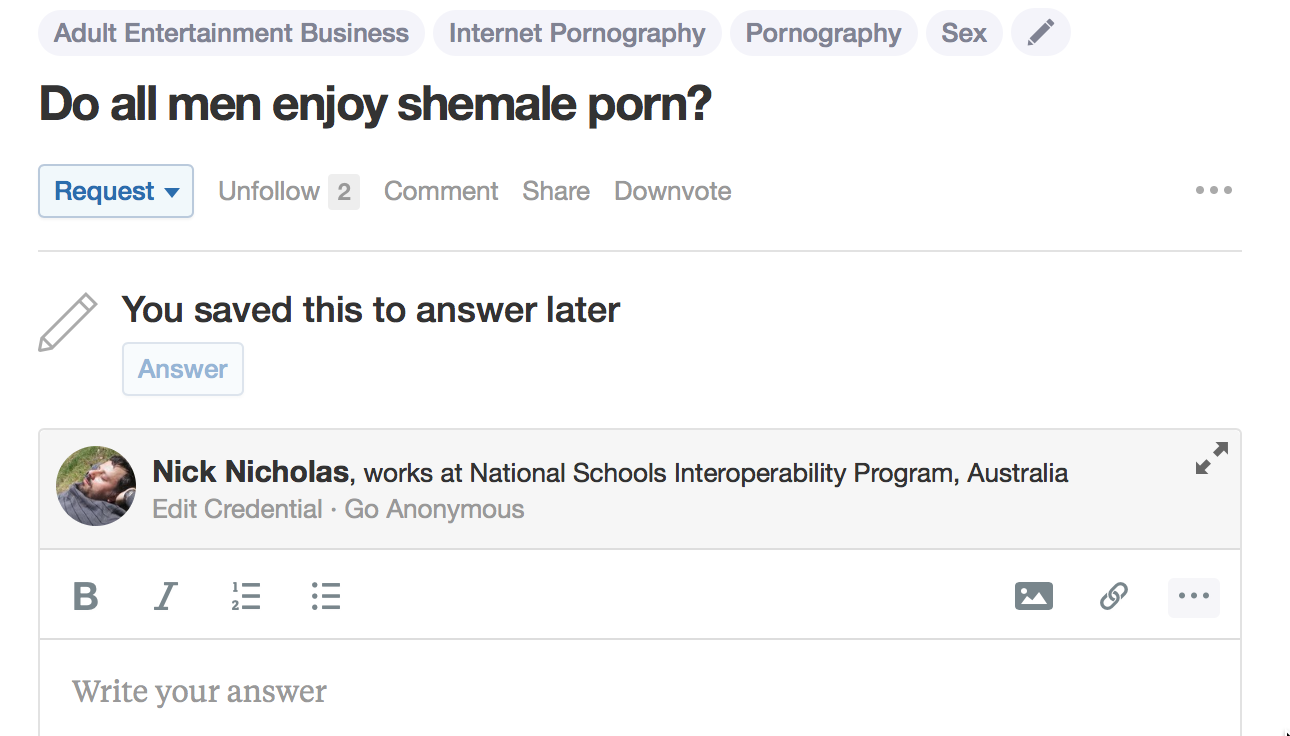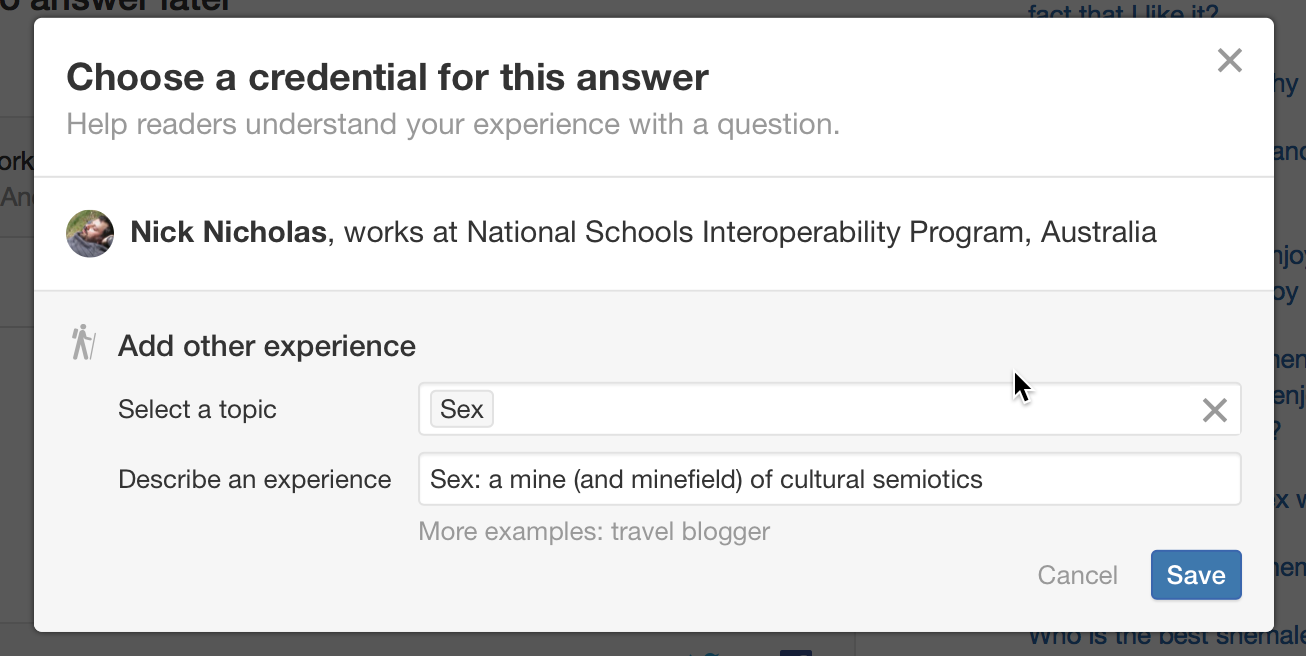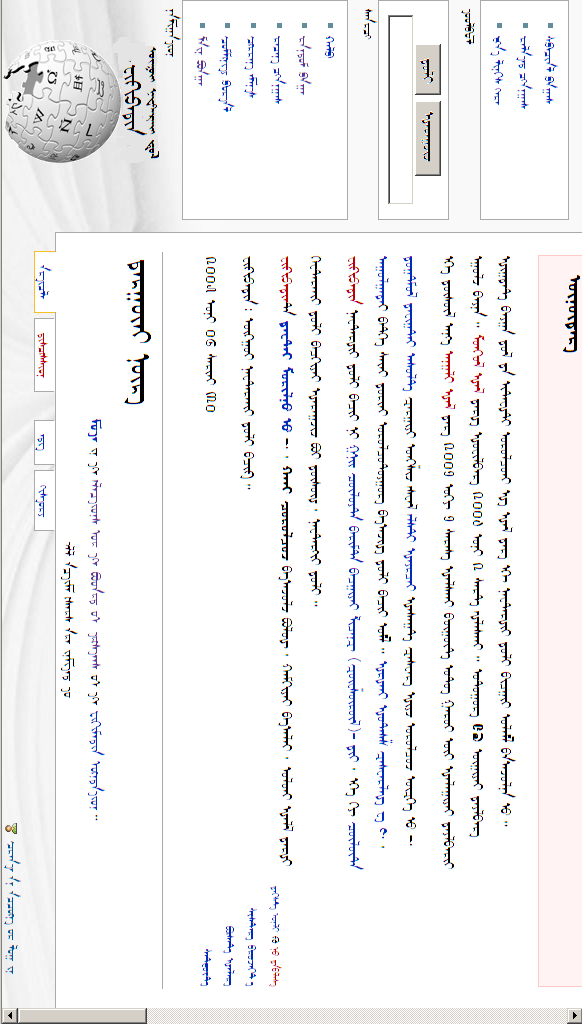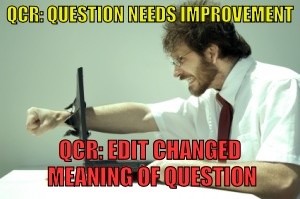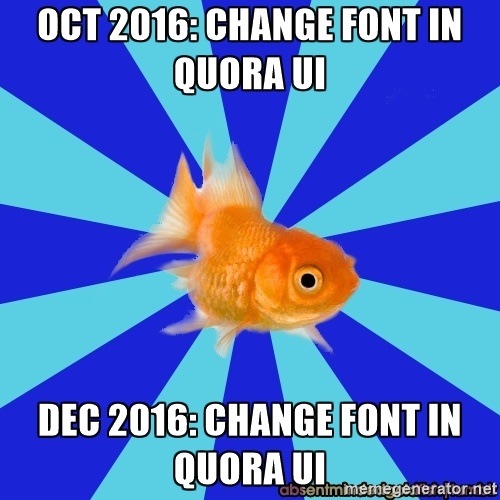Feh. Screw that guy.
I wrote why on my website, something like 20 years ago (ignore the update date): Anti-Chomsky: English. I was somewhat aghast around 2000, when David Horowitz got in touch with me, asking for permission to quote me.
I don’t spend a lot of time thinking about him. (Chomsky, I mean. But not Horowitz either, for that matter.) But:
- Chomsky was necessary in the 1960s, for introducing the study of syntax into linguistics.
- Chomsky had a destructive influence on linguistics, by creating a monoculture of linguistic inquiry in the American East Coast and Europe.
- I am embarrassed, as a linguist, that discourse analysis was pioneered by sociologists, because no linguist thought Saussurean parole was worth their attention.
- It’s a monoculture that cannot long outlast his force of personality. Brian Collins tells me it’s already started: Brian Collins’ answer to Where is Chomskyan Linguistics heading post-Chomsky?
- The things Chomsky & co find interesting about language, I don’t. In fact, noone in Australia does, outside of the University of New England.
- Chomsky came to town in 1995 and visited my department; I was a vacation scholar at the time in Sydney, and saw him there instead. All my profs had lunch with him. And they couldn’t think of a thing to say to him. They were fieldwork linguists, after all.
- His theory of language sounds tenuous to me. It may not lack explanatory adequacy, but it certainly lacks explanatory oomph.
- Politically, he says the kind of things that comes as a revelation to an engaged 20-year old. And, regrettably, attracts the kind of cult of personality that 20-year olds are prone to: there’s a graffiti mural of him on my way to work. To a jaded 40-year old, they’re a mix of “yeah, so what?” and “God, could you be any more naive?”
- As a polemicist, both in linguistics and politics, he’s an objectionable so-and-so, who defines his interlocutors away.
- As a writer, he’s an obfuscator. The Chomskybot has a lot more.
